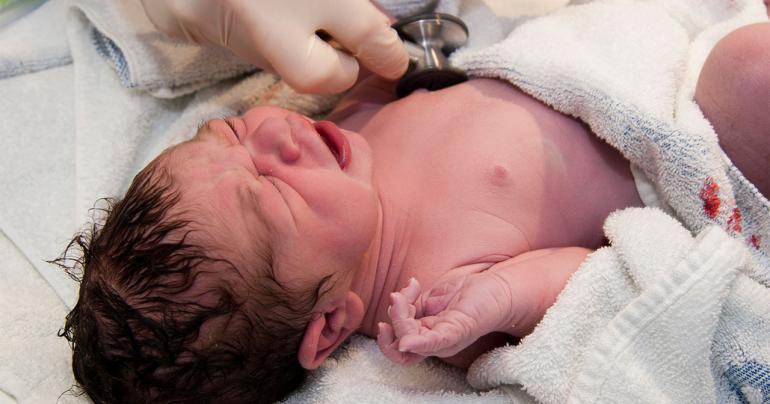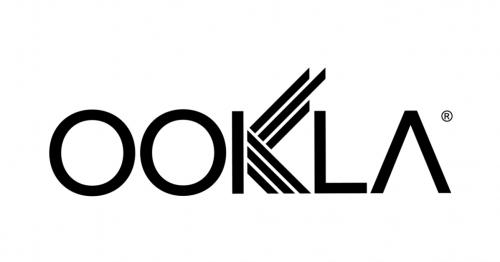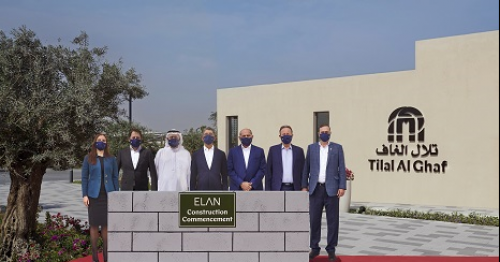Rare genetic disease affecting newborns identified by Oman team
Muscat: Geneticists at the Sultan Qaboos University (SQU) Hospital have succeeded in identifying a rare genetic disease that affects newborns and results in severe weight loss and poor growth, accompanied by vomiting and diarrhoea.
Dr Khalid Al Dhuhli, a senior consultant in genetic medicine at the SQU Hospital, says “This disease, despite its rarity, is very dangerous and may lead to death of the affected child in the first month of his life if diagnosis or treatment is delayed.”
“Most children with this disease begin to suffer from its symptoms in the first days of their lives in the form of severe recurrent diarrhoea, persistent vomiting, or both, and these symptoms are accompanied by severe wasting, weight loss and severe weakness. Despite its symptomatic similarity with severe types of allergies related to cow’s milk protein, those with the disease do not respond to milk substitutes for breast milk, such as milk fortified with amino acids or the so-called allergy relief, used in the treatment of those patients,” Dr Khalid explained.
The study, which was carried out by a team led by Dr Al Munthir Al Maawali and Dr Khalid Al Dhuhli, in cooperation with specialists from the Department of Genetics at SQU, and Dr Nadia Al Hashemi from the Royal Hospital, and it was published in the prestigious medical journal (Clinical Genetics).
Dr Al Munthir Al Maawali, Consultant Genetic Medicine at SQU Hospital, touched upon the initial indications that led to the belief that there is a genetic cause inherited in a recessive form in this disease. He said, “This disease has repeatedly appeared in children of both sexes in the same family, all of whom are related by one family lineage. Despite the accurate and extensive diagnostic tests that were used in evaluating these patients, including the examination of the whole exome sequencing, the reason behind this disease remained unknown in light of the analyses related to genes that had been previously discovered.”
“Accordingly, those patients and their relatives who voluntarily agreed were included in a research study listed under the Scientific Research Council (previously) and funded by a research grant from His Majesty,” Al Maawali continued.
“So the comprehensive exome sequencing was re-analysed in the Genetics Department of Sultan Qaboos University. From the study of all the infected children who volunteered to have their genetic material examined, it became evident that they were involved in a recessive genetic mutation carrying pathological characteristics in one of the genes associated with the intestinal absorption of fats with long carbon chains and also related to the oxidation of these fats, called ACSL5. The scientific cooperation with the German University of Heidelberg led to additional indications that the gene is dysfunctional due to this mutation.”
Dr Nadia Al Hashemi, Senior Consultant in Metabolic Diseases and Paediatrics at the Royal Hospital, says, “This discovery has an important therapeutic impact, and it approved important clinical and therapeutic observations that could not be understood or explained before this discovery.”
“Some of the affected patients were treated with integrated parenteral nutrition for a period of time, with impressive results in stopping symptoms of the disease and improving weight. And it appears, from the limited numbers of patients who have been treated so far, that they require treatment for a limited period of time, up to weeks,” Dr. Nadia Al Hashemi added.
Dr Khalid Al Dhuhli noted that with the discovery of the cause of the disease, these patients may not necessarily need treatment with intravenous integrated feeding.
Doctors and researchers in this study hope that its results will be an influential diagnostic and therapeutic habitat for this segment of children with such a disease, and they hope that paediatricians will take this disease into account for its rarity upon therapeutic and diagnostic intervention with those whose symptoms resemble the above-mentioned symptoms and do not respond to the usual treatments from milk substitute (allergy relief) and its dependencies.
tag: omannews , omanlatestnews , muscatnews
Share This Post






